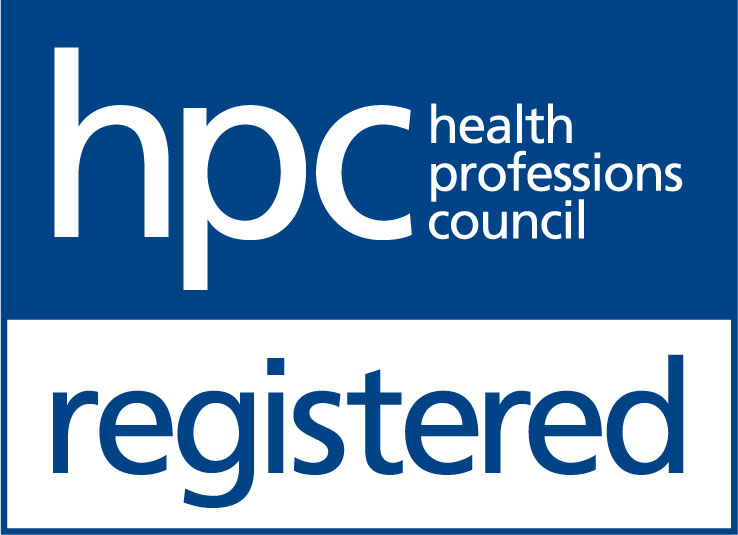We know that thousands of people fall in the UK each year; in-fact one in three people aged over 65 have fallen. The risk of falling increases with age. Fortunately, there is lots we can do to reduce the risk of falling. It starts with doing a thorough assessment to get to the route cause of the falls.
Fear of falling
Research shows us that falls are a common source of anxiety for older people, even those who have not fallen. This fear may lead to people avoiding certain activities they perceive as putting them at risk of falling, such as going out shopping.
However, keeping active is one of the best ways to reduce your risk of falls. It’s important to find activities you feel you can do safely.
Causes of Falls
There are often several factors that can increase your risk of falling. More details can be found on our previous blog post. The most common causes include:
- A loss of muscle power and balance reactions as you age
- Certain mediations
- Problems with eye sight and hearing
- Home hazards; this can include trip hazards such as loose rugs or difficulty doing tasks around the house, such as having a shower
- Problems with your memory
- Issues with your heart or blood pressure
How to Reduce your Risk of Falls
There are plenty of things you can do to reduce your risk of falls. Some easy things to think about include:
- Keeping active; this could include exercises at home, going out walking or joining a local group
- Have your vision and hearing checked regularly
- Talk to your pharmacist or GP to see if your medications could be contributing to your risk of falls
- Use equipment, such as a walking stick or rails in the shower, to help you feel more steady
If you are concerned about your risk of falls, your GP can give you support and advice.
At Severn Physiotherapy, we specialise in Older Adult Rehabilitation. This means we can complete a comprehensive assessment to identify the key issues that are leading you feel unsteady; we then develop a treatment programme that fits around your needs and goals. If you’d like to know more about our service, click here for more details or get in touch for a no-obligation chat.
All information contained in this post is general; we encourage you to seek individualised assessment and treatment from a relevant healthcare professional. We endeavour to regularly review our posts to make sure all information is in accordance with recent guidance and research.



